How to Help Your Child Cope with the Loss of a Beloved Pet
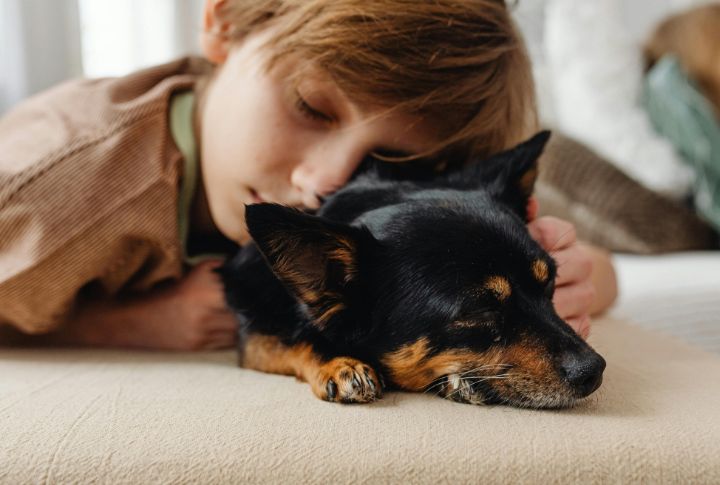
Losing a pet is a significant event in a child’s life, often leaving them heartbroken and confused. As a parent, your job is to help your child through this difficult period. Here’s a guide to supporting your child as they grieve and find ways to cherish the memories of their beloved pet.
Be Honest And Direct
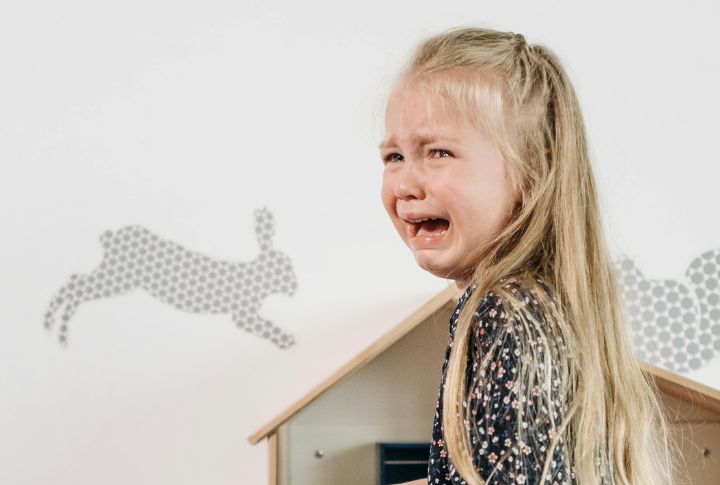
Young children may not fully grasp death but will notice the pet’s absence. Avoid euphemisms like “went to sleep.” Instead, use clear language appropriate to your child’s age. Remember, honesty builds trust while aiding the grieving process.
Choose The Right Moment
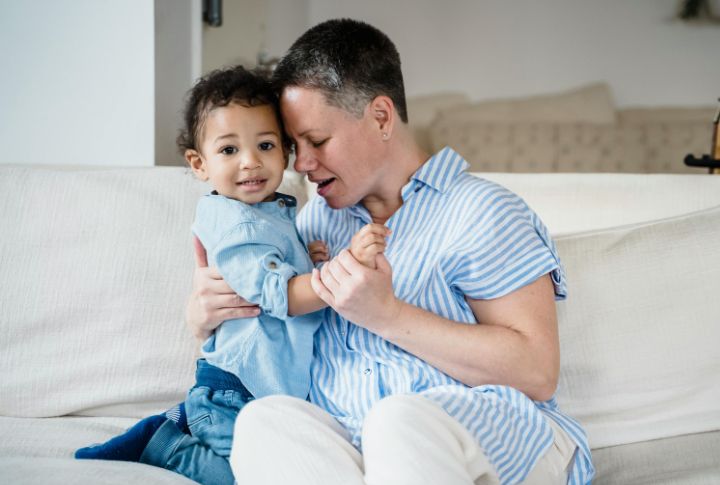
Break the news in a safe, comfortable place without distractions. Pick a time when you can give your child undivided attention. This setting allows for open communication and emotional support during a difficult conversation.
Tailor The Information
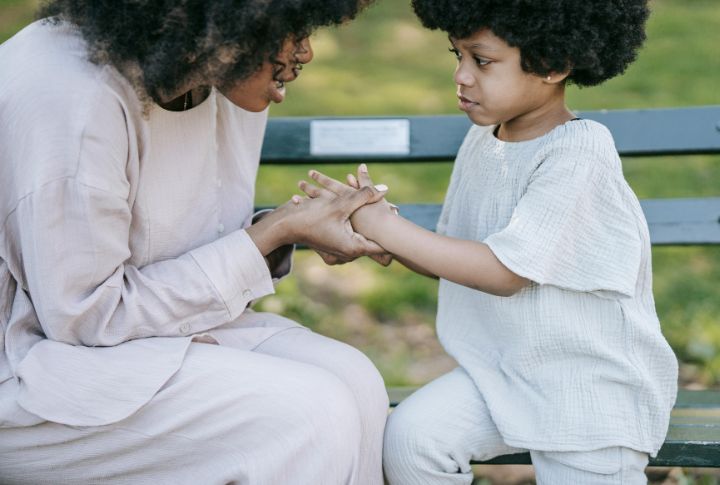
Younger kids need simpler explanations than older ones. Adjust your explanation based on your child’s age and maturity. Using examples that resonate with your child’s experiences or understanding will also help.
Allow For Questions
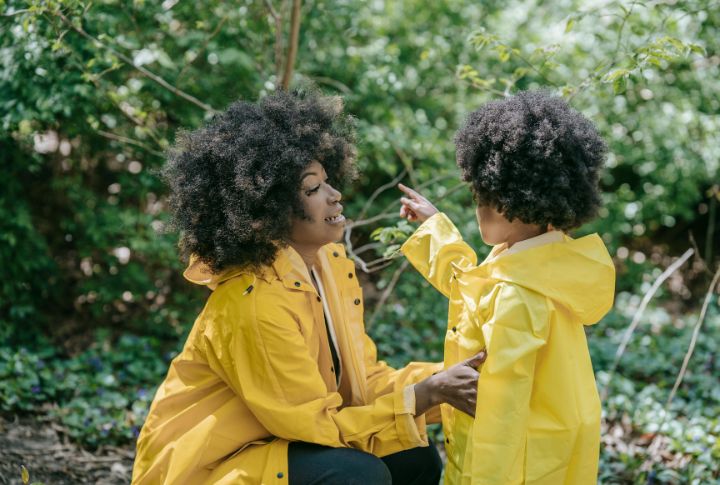
Openness fosters understanding and helps them process their emotions. Encourage your child to ask questions about death and the pet’s passing. Be patient and answer honestly, even if it means admitting you don’t know.
Validate Emotions

Let your child cry or express their feelings. Acknowledge that it’s normal to feel sad, angry, or guilty. Offer comfort and reassurance while allowing them to experience and work through their grief.
Share Your Own Grief

Don’t hide your sadness. Showing your emotions proves that it’s natural to grieve. It also teaches kids healthy ways to express and cope with loss. Share memories of the pet and how you’re managing your feelings about their passing.
Create A Memorial

Hold a ceremony or create a memory book to honor your pet. Such an activity will help your child celebrate their pet’s life and provide closure. It’s a tangible way to remember happy times and process grief.
Use Books As Resources

Books are a gentle way to broach difficult topics. Read age-appropriate books about pet loss together. These stories can help young children understand death, relate to characters experiencing similar emotions, and learn coping strategies.
Monitor Behavioral Changes
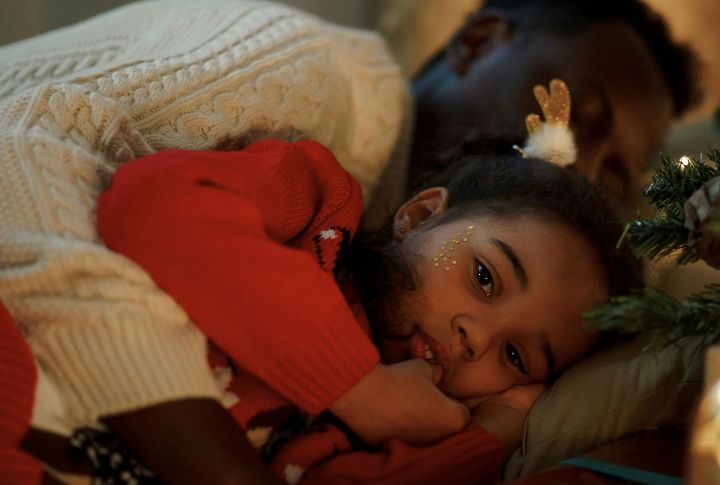
Watch for signs like trouble sleeping, fixation on death or clinginess. These may indicate your child is struggling to cope. When you recognize these changes early, you can provide extra support if needed.
Listen Actively
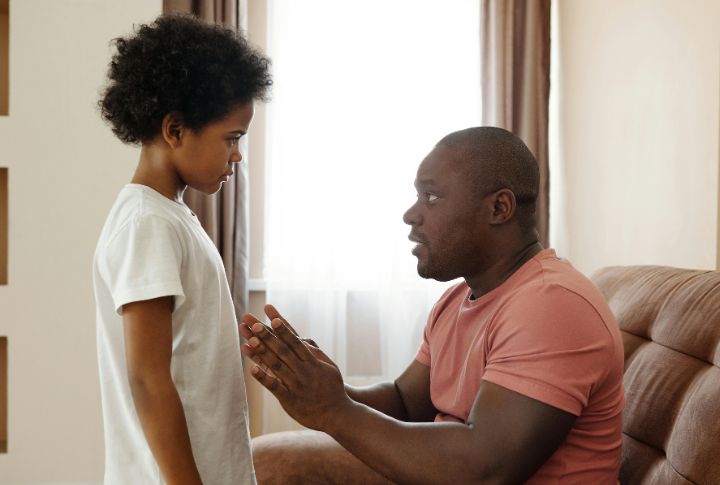
It’s essential to give your child space to talk about their feelings. Practice active listening without interrupting or trying to fix their emotions. During this time, it is important for them to feel heard and understood.
Avoid Rushing To Replace
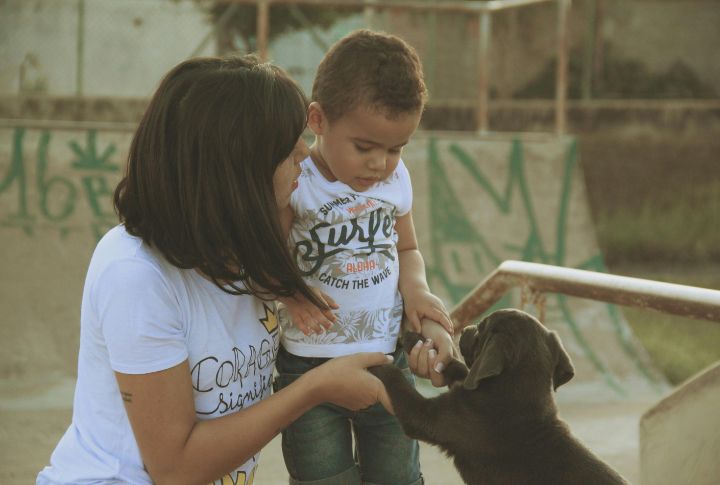
Resist the urge to immediately get a new pet. Rushing can interrupt healing and convey that loved ones are easily replaceable. Focus on cherishing memories and discussing when the family might be ready for a new one.
Maintain Routines
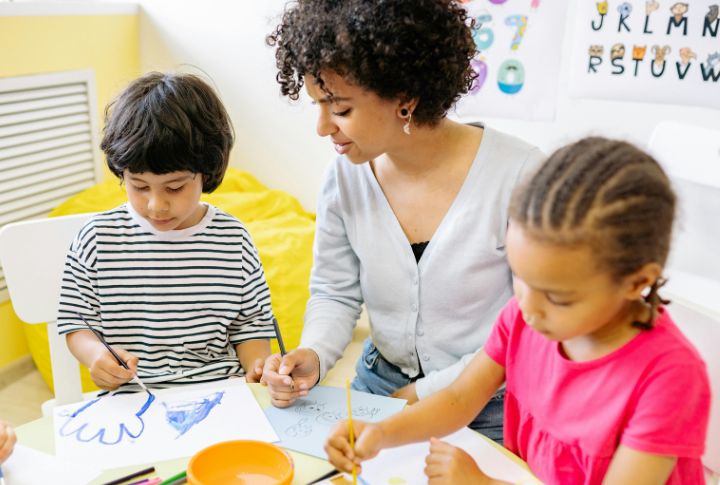
Stick to regular schedules as much as possible. Consistency provides comfort and stability during emotional upheaval. This reassures children that life goes on, even as they adapt to the absence of their pet.
Involve Them In Decisions
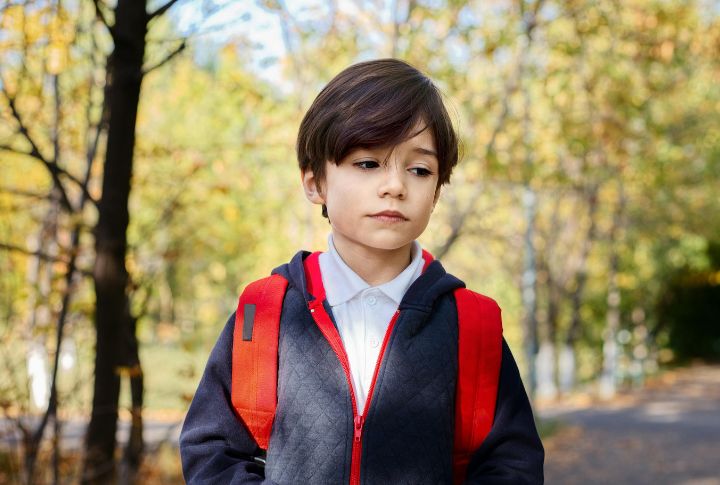
Let your child participate in choices about the pet’s remains or their memorial. This can provide a sense of control and closure. It also shows that you value their input during this difficult time.
Use Nature As A Teaching Tool

Go for a walk and discuss the life cycles of plants and animals. Children need to understand that death is a natural part of life. Point out how leaves fall, new ones grow, or how seasons change to make life and death more understandable.
Seek Professional Help If Needed
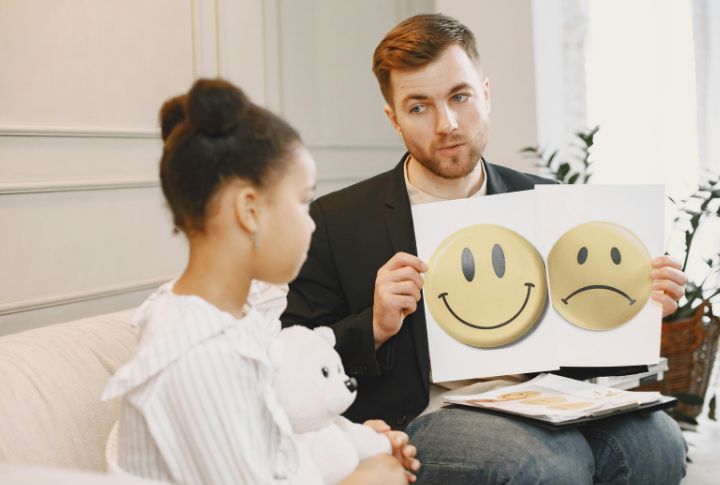
If your child struggles to cope, consider consulting a child therapist. Professional support can provide additional tools and strategies for handling grief. It’s a proactive step to achieve your child’s emotional well-being.





